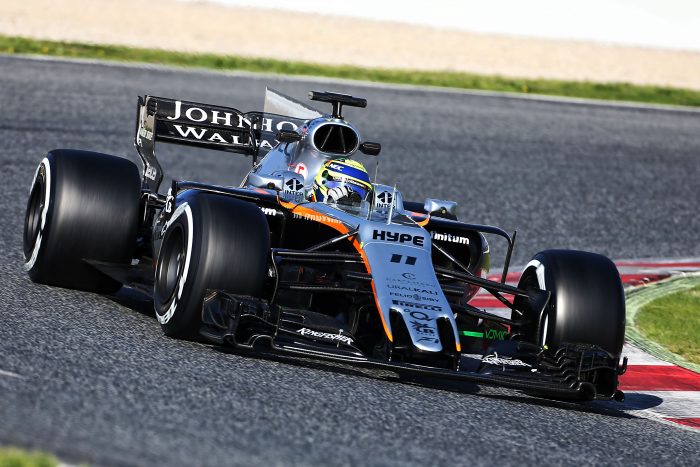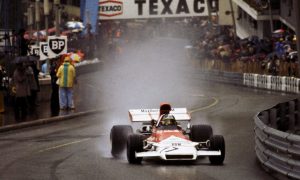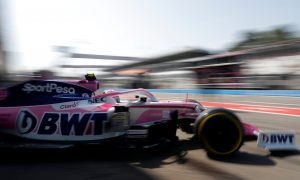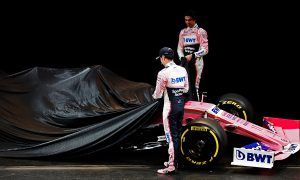
Force India's Bob Fernley applauds F1's change of ownership but exhorts Liberty Media to put cost control at the top of its priorities to protect the interests of smaller teams.
An outspoken critic of the sport's current income distribution scheme and of the overwhelming power conferred to the top teams, Force India's deputy team principal is optimistic about Liberty's ability to enhance F1 on all levels, but controlling costs must be part of the process.
"As you know, Force India and myself have been strong critics for the last two years of what has been going on – and it has been a pretty lonely place at times," Fernley told Motorsport.com.
"So in that sense it is good that what we have been really saying for the past two years is becoming mainstream.
"The three things we have been looking at are getting costs under control, better distribution of income - and those two factors will give us competition .
"If there can be a more inclusive system of franchise, those are the three things we have been pushing hard for.
"It would appear that all of those are on the agenda of Liberty and that, for us, is very encouraging."
Tackling income distribution before the 2020 expiration of the current commercial agreements which bind the teams to Formula 1 is not a realistic prospect.
But addressing the issue of cost control in the immediate future is feasible, according to Fernley.
"The opportunity at the moment is to be able to get cost controls in place," he said.
"If you have that in place, therefore reducing the need to spend, then you can also reduce the need for income in the same way.
"And also if you can get competition through that process, then it means the drivers become an important factor, and therefore talent will prevail - they become the best commodity and that is where you want it to head to.
"That has been the philosophy we've had for a while."
Fernley insists however that the future of F1 will only be sustainable if crucial changes are made to its income distribution plan and lining the sport up with a new economic reality.
"You also have to recognise that the financial models have changed in F1. Whereas before your primary income generation was through sponsorship and you topped it up with FOM income, today it is the other way around – your FOM income is the primary source of your income and you are topping it up with sponsorship.
"That is the bit that has been missed, that transition that has got lost and that is why a more equitable distribution is key."
GALLERY: F1 drivers' wives and girlfriends
Keep up to date with all the F1 news via Facebook and Twitter






